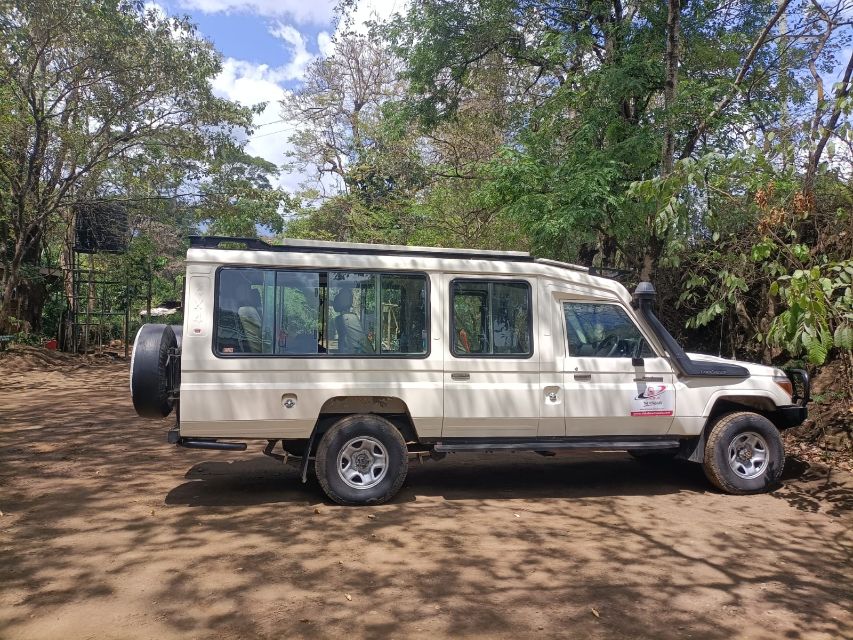Have you ever gone to the wrong check-in counter or the wrong terminal at an airport because you weren’t aware your flight was not actually on the airline you thought you booked on? Welcome to the world of Code Share. You can tell if you’re on a code share flight if, on your itinerary, you see the words “operated by” followed by the name of a different airline.
So what is a code share? It’s a marketing arrangement. Let’s say you want to fly to a destination on your preferred carrier. Your favorite airline may not fly there, but it may have a code-share arrangement with another airline that does. If you notice you are flying on Code Share flights, make sure you are at the right terminal or the right counter so you don’t miss your flight.

Image credit: http://tico.ca/blog/code-share-flights-travel-tips
Major airlines in Africa like Kenya Airways, South African Airways, Lufthansa, KLM, Air France and Ethiopian Airways share their codes with one another to provide a network of connectivity and convenience for international passengers and international packages.
Reasons and Benefits - Under a code sharing agreement, participating airlines can present a common flight number for several reasons, including:
For passengers - Connecting flights; this provides clearer routing for the customer, allowing a customer to book travel from point A to C through point B under one carrier's code, instead of a customer booking from point A to B under one code, and from point B to C under another code. This is not only a superficial addition as cooperating airlines also strive to synchronize their schedules and coordinate luggage handling, which makes transfers between connecting flights less time-consuming.
Shared responsibility between the carriers; when flying between two cities without a single-airline connection, the passenger can pick a code shared flight over two airlines or two flights booked separately. If the flights are not code shared, then the second airline has no responsibility if the passenger or luggage misses the second flight due to a delay with the first. Under a code shared flight, the second airline is unlikely to charge extra fees or deny boarding should the first, cooperating airline cause a delay.
For airlines - Flights from both airlines that fly the same route; this provides an apparent increase in the frequency of service on the route by one airline.
Perceived service to unserved markets; this provides a method for carriers who do not operate their own aircraft on a given route to gain exposure in the market through display of their flight numbers.
When an airline sacrifices its capacity to other airlines as a code share partner, its operational cost will generally be reduced to nil.




















